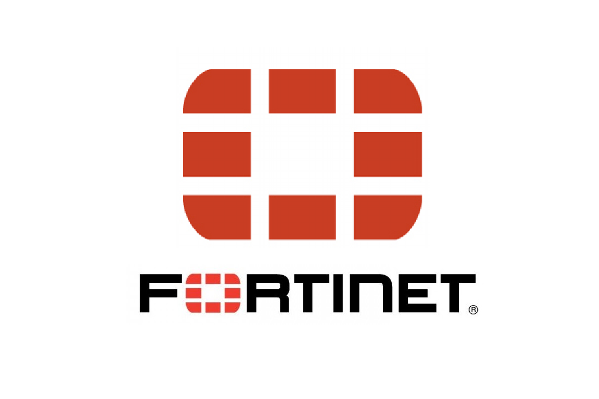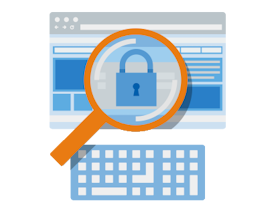
Endpoint Detection and Response(EDR)
EDR is a type of anti-virus system that is designed to detect and respond to cyber threats that have evaded traditional anti-virus measures. EDR solutions monitor endpoint devices such as laptops, servers, and mobile devices for suspicious activity and behaviors, allowing security teams to quickly detect and respond to potential threats. With real-time monitoring and threat intelligence, EDR systems can help organizations proactively defend against advanced threats, minimizing the risk of data breaches and cyber attacks.
Learn more









